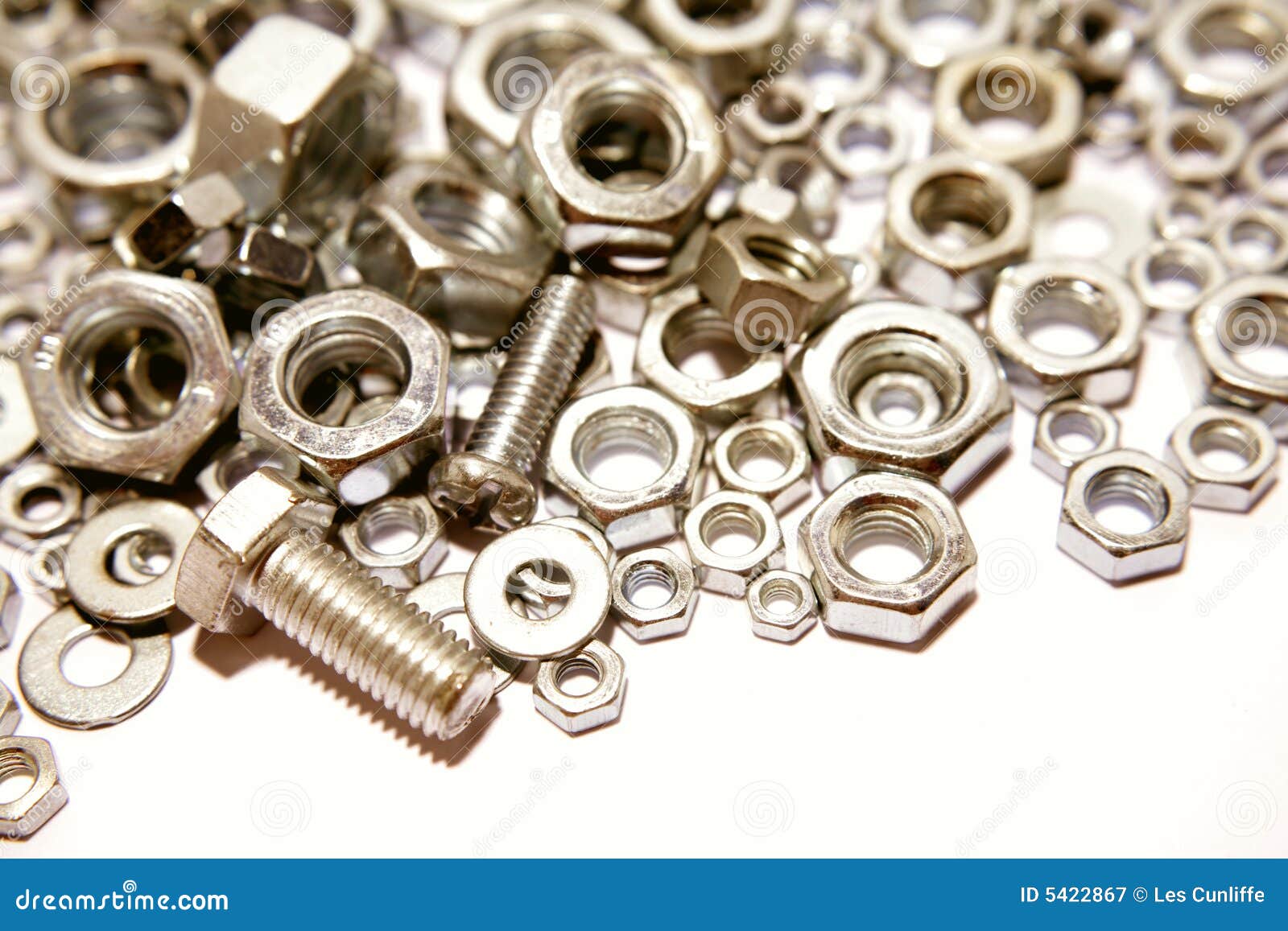What Should You to Check When Buying Nuts and Bolts
In the realm of construction, automotive repairs, and DIY projects, the importance of picking the correct nuts and bolts is crucial. These often overlooked fasteners are vital in maintaining the security and safety of your projects, whether you are building a deck, working on a vehicle, or taking on a home renovation project. Nonetheless, with a wide array of selections available, identifying key factors when selecting hardware is essential for achieving the best results.
This guide intends to offer you with a thorough overview of various kinds of fasteners, along with tips on how to pick the right option for your unique situations. From the typical types of bolts to the various materials and coatings available, we will examine the considerations that contribute to your decision of nuts and bolts. Whether you’re a experienced builder or a weekend warrior, arming yourself with this knowledge will help you make informed decisions and guarantee the success of your projects.
Understanding Fasteners
Fasteners are essential fasteners that hold materials together, constituting the core of countless construction and repair projects. They come in multiple shapes, dimensions, and materials, each designed to satisfy distinct needs. The basic principle behind fasteners lies in their capacity to create a tight connection by utilizing the screwed shaft of a bolt, which is paired with a matching nut that can be secured or loosened as needed.
Different types of nuts and bolts have unique purposes. For case, hex bolts are commonly used in heavy-duty applications due to their durability, while carriage bolts are suitable for projects requiring a polished finish. In contrast, lagging bolts are commonly used for fastening wood, particularly in building. Understanding these differences is essential for selecting the correct fastener for a project, ensuring safety and durability in the final construction.
Additionally, materials and coatings play a major role in the functionality of nuts and bolts. Steel is the most frequent material, but options like brass and titanium are offered for unique applications. Rust-resistant finishes, such as zinc-plated coatings, can increase the lifespan of fasteners in outdoor or high-moisture environments. By being aware of the types and features of nuts and bolts, consumers can make informed choices to boost the quality and longevity of their projects.
Materials and Coatings
When selecting nuts and bolts, the substances they are made from play a crucial role in determining their performance and durability. Metal is the most widely used substance due to its strength and versatility. However, there are various types of steel, including carbon-based steel and alloy steel, each suited for particular applications. For environments that require protection to rust and corrosion, stainless steel is an excellent option, offering durability and longevity even in extreme conditions.
Finishes are also crucial as they can improve the performance of nuts and bolts. Zinc coating is a popular choice as it provides a layer of protection against corrosion while keeping a neat appearance. Galvanization, a more durable coating, involves dipping steel parts in liquid zinc, offering even resistance to the elements. For specific uses, such as in oceanic environments, a coating that can resist saltwater corrosion is crucial, making materials like bronze or coatings specifically designed for marine use significant considerations.
Understanding the variations in materials and their coatings can help you choose the right fasteners for your project. For instance, while titanium fasteners are light and corrosion-resistant, they can be significantly more expensive than their metal counterparts. Choosing the right substance and coating not only ensures the integrity of the assembly but also optimizes the cost-effectiveness and longevity of your project.
Purchasing Tips and Evaluations
When buying fasteners, understanding the various types and their applications is essential. Start by evaluating whether you need metric or imperial fasteners. Both systems are widely utilized, but choosing the right one is key for matching with your projects. Additionally, learn with specific grades of bolts and specifications, as these affect the strength and appropriateness for different applications, from large-scale building to everyday tasks.

Next, think about the materials and coatings of the fasteners. Stainless steel bolts are often perfect for outdoor use due to their ability to resist corrosion, while zinc-plated choices may be appropriate for indoor applications. If your application requires a unique finish for additional strength and longevity, explore choices like galvanization or custom coatings. Assess the environmental conditions the fasteners will encounter, as this can greatly influence their efficiency and lifespan.
Lastly, keep a checklist handy while buying nuts and bolts. Take measurements of the dimensions precisely, review compatibility with other components in your task, and ensure that the nuts fit tight to the bolts. Bolts and Nuts Store of choices might lead to confusion, but sticking to your project requirements and understanding the differences in types of threads, lock nuts, and specialty fasteners will aid you make informed decisions consistently.